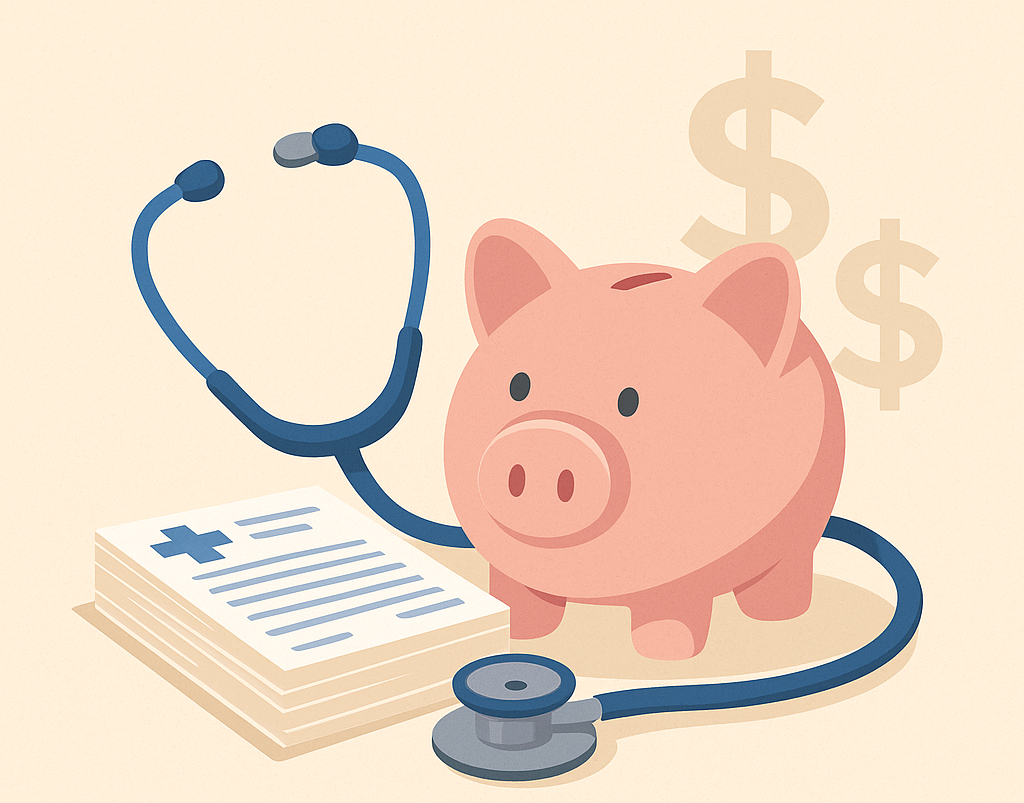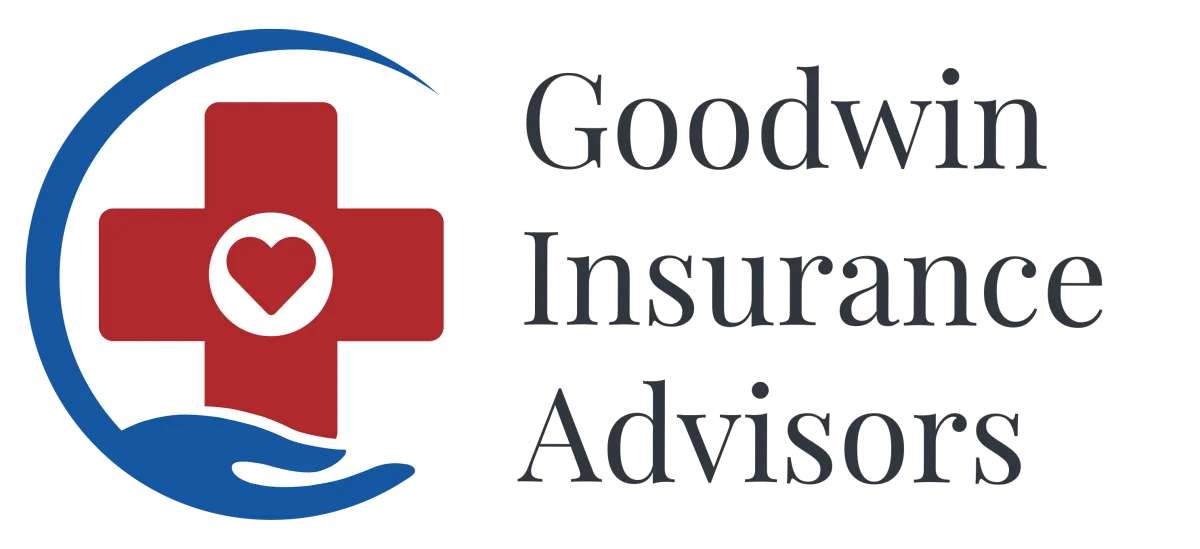
How to Compare Private Health Plans vs Employer Coverage: What’s Best for You in 2025?
How to Compare Private Health Plans vs Employer Coverage: What’s Best for You in 2025?
Choosing the right health insurance plan is one of the most important financial decisions you’ll make in 2025. With healthcare costs on the rise and more plan options than ever, understanding your choices is key.
For many, the biggest decision is whether to stick with employer-sponsored coverage or purchase a private health insurance plan.
In 2025, over 65% of people who compared at least three health insurance plans found one that saved them money. (HealthInsurance.org).1
What Are Health Insurance Plans?
Health insurance helps protect you from the high cost of medical care. It can cover expenses like:
Doctor visits
Hospital stays
Surgeries
Prescriptions
Preventive care (e.g. vaccines, screenings, checkups)
Here’s a quick breakdown:
Employer coverage: Insurance provided through your job.
Private health insurance: Plans purchased directly from an insurance company or through the ACA Marketplace.
Individual health plans: Another name for private insurance, usually chosen by people who don’t have job-based coverage.
Understanding these types helps you make an informed decision.
Employer Coverage Explained
Employer-sponsored insurance is the most common form of health coverage in the U.S.
Pros:
Employers often cover part of the monthly premium
Enrollment is easy
Plans usually offer solid, comprehensive coverage
Cons:
Limited plan choices
Coverage tied to your job
May be less flexible for covering dependents
Private Health Insurance Explained
Private or individual health plans are purchased by you directly, either through the Marketplace or a broker.
Pros:
More plan choices
Greater flexibility
Ideal for freelancers, small business owners, or early retirees
Cons:
You typically pay the full premium
Could be more expensive without employer contributions
In 2025, about 15 million Americans are self-employed—and most use individual health plans instead of employer-sponsored options. (U.S. Bureau of Labor Statistics). 1
Comparing Employer Coverage vs Private Health Insurance in 2025
When comparing the two, keep these key factors in mind:
Cost: premiums, deductibles, and out-of-pocket expenses.
Coverage: size of the provider network, access to specialists, and family benefits.
Flexibility: whether you can keep the plan if you change jobs
Best Health Insurance Options in 2025
The best plan depends on your budget, health needs, and family situation. Look for:
Affordable premiums and reasonable deductibles.
A strong provider network and prescription coverage.
Updated government subsidies and tax credits that may lower costs.
In general, people with stable jobs often benefit from employer coverage, while freelancers, business owners, and early retirees may prefer private plans.
How to Compare Health Plans Step by Step
Comparing health plans doesn’t have to be overwhelming. Follow these steps to make a confident, informed decision:
Review the monthly premium
Check the deductible, copays, and coinsurance
Compare provider networks and preferred hospitals
Look at prescription coverage and specialty services
Match the plan to your family’s specific health needs
By following these steps, you’ll be able to spot the differences that really matter—like cost, coverage, and provider access. The best plan isn’t always the cheapest; it’s the one that gives you peace of mind and supports your family’s health in 2025 and beyond.
Frequently Asked Questions
Is private health insurance more expensive than employer coverage?
Sometimes, but not always. Employer coverage can be cheaper because your employer pays part of the cost. With private insurance, you pay the full premium.
Can I switch from employer coverage to a private plan?
Yes. You can switch during open enrollment or after a qualifying life event, such as leaving a job, or at any time with some private insurance plans.
What if I’m self-employed in 2025?
Most self-employed workers buy individual health plans through the Marketplace or licensed broker.
Which option is better for families?
It depends. Employer coverage can be more affordable, but private plans sometimes offer broader networks and better choices for dependents.
Conclusion
Choosing between employer coverage and private health insurance isn’t always simple. Each has its own advantages: employer-sponsored plans are often more affordable and easier to manage, while private or individual health plans offer flexibility and more options for people who are self-employed or need coverage outside of their job. The right choice depends on your personal situation—your job stability, your budget, your family’s health needs, and the kind of coverage you value most.
Before making a final decision, take time to carefully compare at least three different health plans. Look beyond just the monthly premium—consider deductibles, provider networks, prescription coverage, and out-of-pocket costs. Online tools can make this process easier, and a licensed insurance agent can walk you through the details if you’re unsure.
Remember, the best health insurance plan in 2025 isn’t just the cheapest one—it’s the plan that gives you confidence, financial protection, and peace of mind knowing your health (and your family’s health) is secure. Start comparing today and make sure you’re covered for whatever comes your way.
👉 Start comparing plans today →
